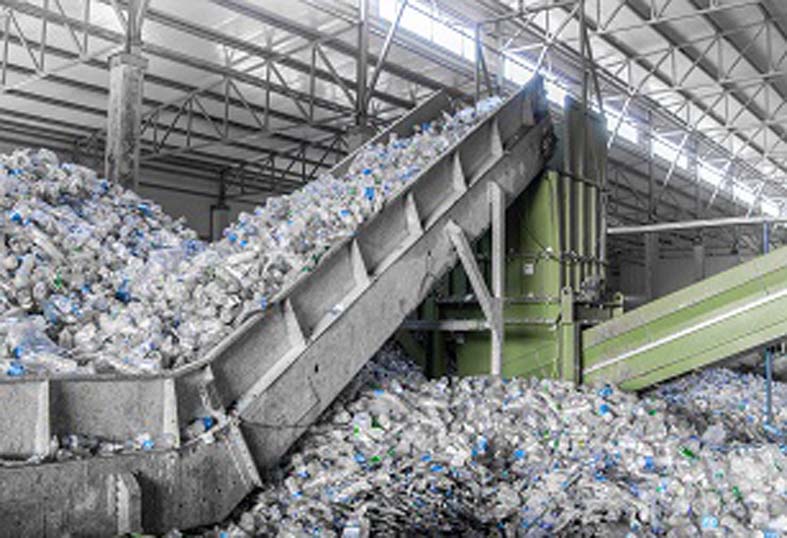Rebound Plastic Exchange, a global B2B digital trading platform for recycled plastics, is prepared to support the Cooperation Council for the Arab States of the Gulf (GCC) in achieving sustainable waste management
Currently, it is estimated that it will take US$60-85bn invested across four key value streams, plastic, concrete & cement, metal, and bio-waste over the next 20 years.
The recent launch of Rebound Plastic Exchange will spur trust and quality assurance amongst buyers and sellers in the GCC, providing companies and nations with a vital benchmark for their capacity to adopt and trade quality assured plastics, equip them with frameworks to facilitate exchange, and highlight the tangible benefits of transparent plastic trading.
Maryam Al Mansoori, general manager, Rebound Plastic Exchange, said, “Facilitating the demand supply gap with the GCC’s recycling infrastructure will position the GCC as a key actor in the global effort towards circularity. Rebound Plastic Exchange can help do just that.”
A report, titled, ‘Recycling in the GCC: Securing Valuable Resources for a Sustainable Future’, found that the GCC generates between 105 and 130mn tons of waste per annum, and that the US$85bn investment stronghold would cover design, collection, sorting, and recycling investment across these four key waste streams.
The recorded numbers underscore how the generated waste in the Gulf countries comes primarily from Municipal Solid Waste (MSW), Construction and Demolition Waste (CDW), and agricultural waste.
The Gulf Petrochemicals and Chemicals Association (GPCA) represents the downstream hydrocarbon industry in the Arabian Gulf. Established in 2006, the association voices the common interests of more than 250 member companies which include Borouge, QAFCO, among others. The industry makes up the second largest manufacturing sector in the region, producing over US$108bn worth of products a year.
Dr. Abdulwahab Al-Sadoun, secretary general, GPCA, commented, “Plastic waste, when harnessed and managed properly, has significant value which can be tapped into to drive our circular economy efforts. Plastics also perform better when compared to alternatives when it comes to GHG emissions. According to a recent study by McKinsey & Co. there are few viable alternatives to plastics in food packaging applications, with plastics having a lower GHG impact in 13 of the 14 non-plastic alternatives analysed. This is thanks to its Inherent properties which help to drive down CO2 emissions in many modern applications today."
It is important to note that sustained plastic recycling could cut carbon dioxide emissions by 10-12 million tons each year and reduce primary energy consumption by around 4% overall. However, low GCC recycling rates are leading to losses of large volumes of recycled plastics, which have crucial applications, such as in construction, medicine and food packaging.
The UAE plastic recycling market is currently forecast to reach 1.44mn tonnes by 2030, and could greatly benefit from neighbouring Bahrain, a state that bolsters material recycling (MRF) and plastic (PRF) recycling facilities but lacks feedstock.
Recycling was proven to create over 50 times as many jobs as landfills and incinerators, translating to at least 200,00 – 300,000 jobs in the GCC by 2040, ultimately benefitting both the environment and economy.






